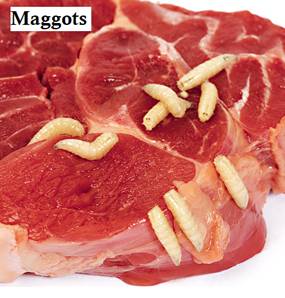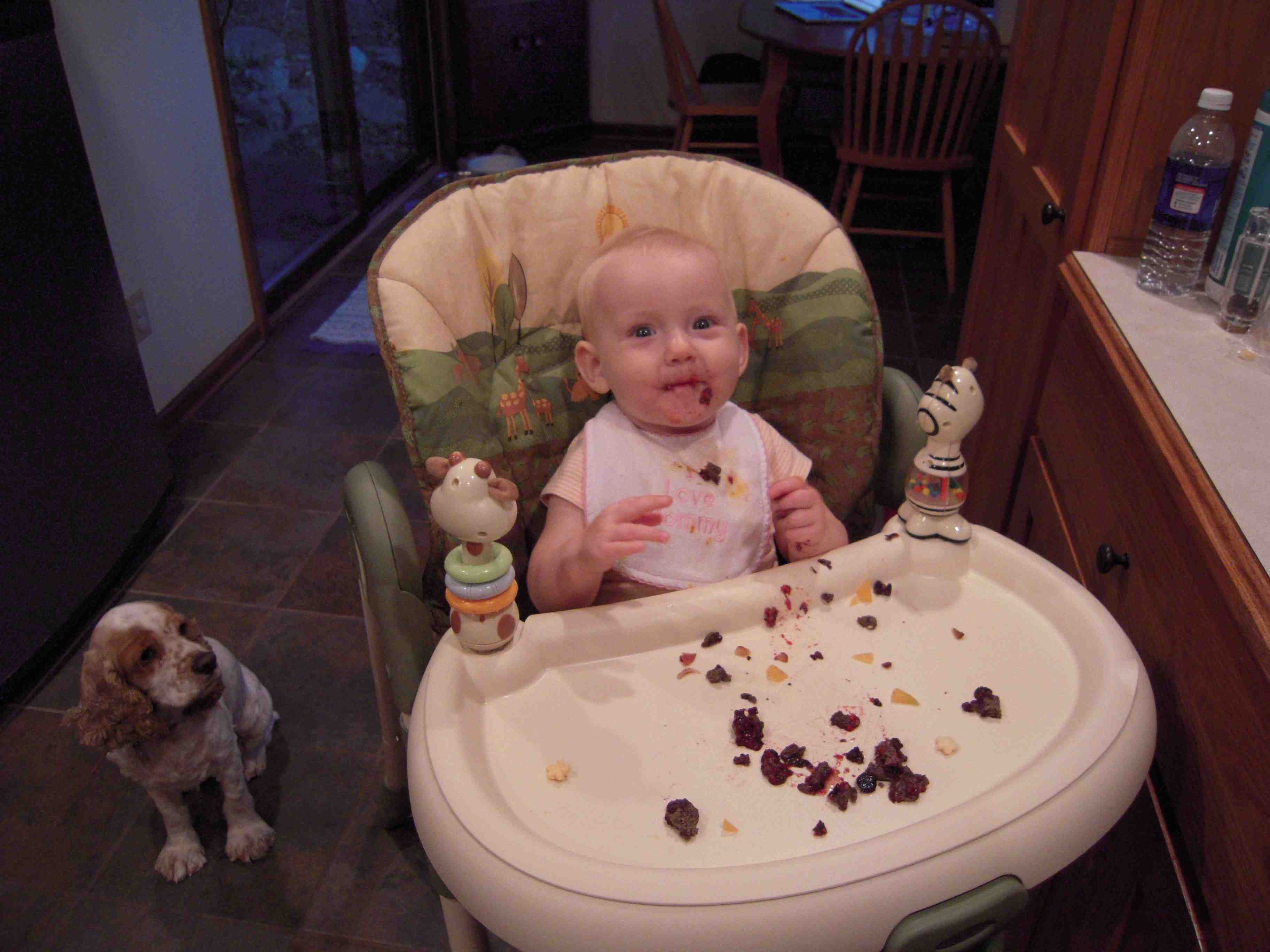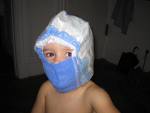A new study released by Safefood Ireland has found the vast majority of Irish people do not thoroughly wash their hands after handling raw chicken and fail to properly wash down their kitchen surfaces after food preparation.
The findings were released to coincide with a new campaign by Safefood, which aims to show how easily food poisoning germs can spread in the kitchen.
The study involved 120 people preparing two meals – a beef burger and a warm chicken salad. They had to follow specific instructions, with 60 of the people working in a test kitchen, while the  other 60 worked in their own kitchens.
other 60 worked in their own kitchens.
Throughout both kitchens, webcams were used to observe the task and swabs were taken from the food, kitchen surfaces and the participants’ hands to assess the presence of potentially dangerous bacteria.
When it came to the participants’ hands, at least eight in 10 had not washed theirs properly after handling raw chicken, while the hands of one in three were contaminated with raw meat bacteria after the exercise.
Almost all of the kitchen surfaces had not been washed properly after food preparation and almost half of the kitchens were contaminated with raw meat bacteria.
Half of the chopping boards used were also not properly washed and were contaminated with raw meat bacteria and the use of utensils was no better.
In fact, almost three in four people failed to properly wash the knife they had been using on raw chicken before reusing it on salad vegetables. Furthermore, at least one in three side salads that were server with a beef burger were contaminated with raw meat bacteria.
Meanwhile, results from a second study also showed that raw meat bacteria can live for at least 24 hours on kitchen surfaces.
According to Safefood chief executive, Martin Higgins, ‘by highlighting the trail of these germs around the kitchen and revealing their journey, the campaign emphasises the dangers to consumers of not following simple food hygiene practices and the risks this can pose to themselves and others’.
Another interpretation would be, bugs that make people sick are not simple to control; they’re everywhere and easily move about, which is why loads have to be reduced before foods enter a grocery store, or restaurant or home kitchen. Food safety is not simple.
 stolen.
stolen.
.jpg) This involved some 75 children and adults becoming ill, with seven being hospitalised last year.
This involved some 75 children and adults becoming ill, with seven being hospitalised last year..jpeg) businesses who choose not to comply with this legal requirement. With the long weekend upon us, food businesses are going to be under more pressure than usual. … There’s no excuse for ignorance of the legal food safety and hygiene requirements.”
businesses who choose not to comply with this legal requirement. With the long weekend upon us, food businesses are going to be under more pressure than usual. … There’s no excuse for ignorance of the legal food safety and hygiene requirements.” FSAI were individually followed up and investigated by environmental health officers throughout the country.
FSAI were individually followed up and investigated by environmental health officers throughout the country. shops and other food businesses were served with closure orders last year — the highest tally since it was established in 1999.
shops and other food businesses were served with closure orders last year — the highest tally since it was established in 1999. confidentiality. The source of the illness has not been traced.
confidentiality. The source of the illness has not been traced. weekend, to be examined in their labs.”
weekend, to be examined in their labs.” other 60 worked in their own kitchens.
other 60 worked in their own kitchens. The HSE said it was satisfied that the creche was fully compliant with pre-school standards.
The HSE said it was satisfied that the creche was fully compliant with pre-school standards. warning relates to the dangers for people who accidentally swallow water while swimming or taking part in watersports.
warning relates to the dangers for people who accidentally swallow water while swimming or taking part in watersports.